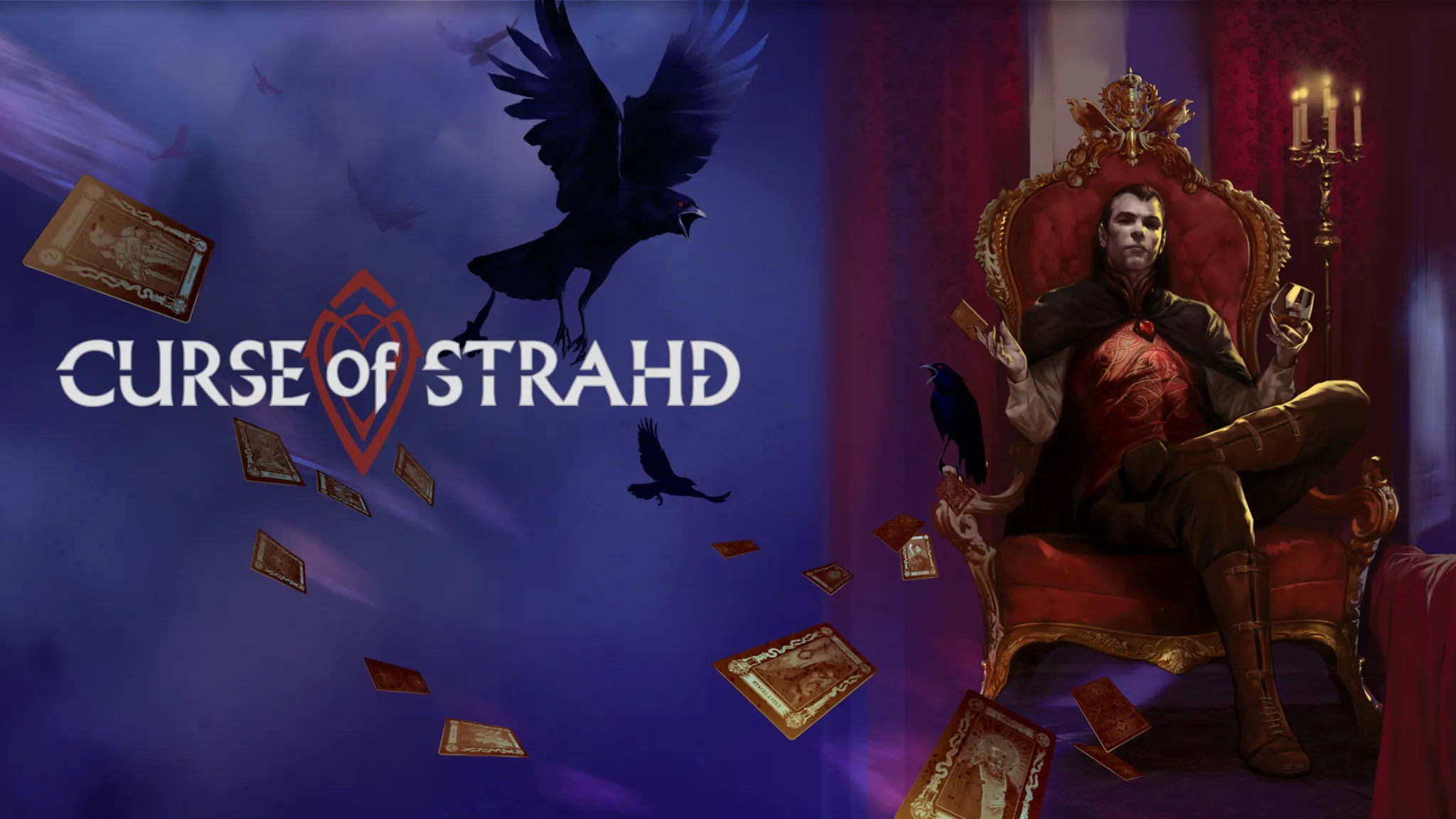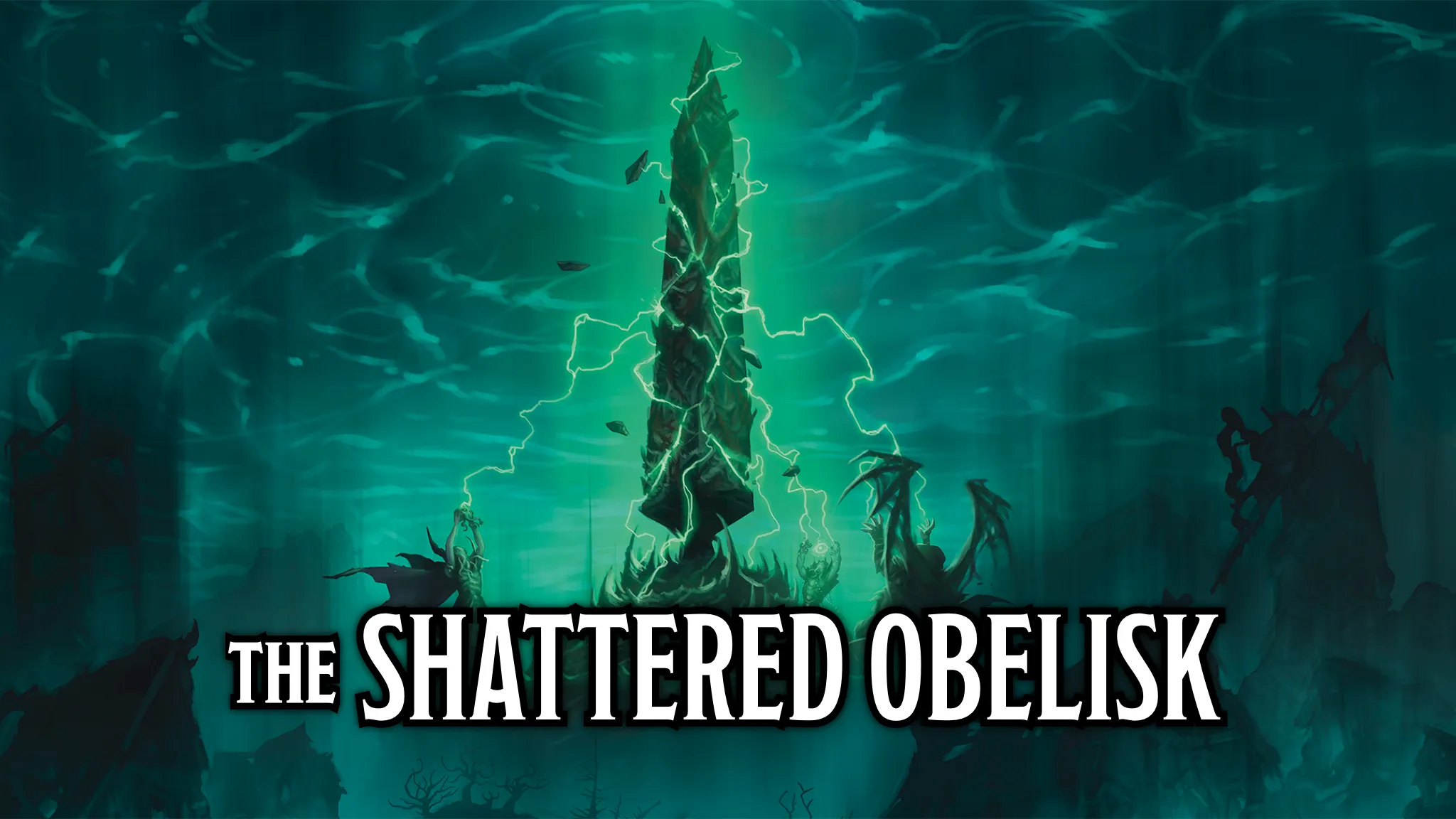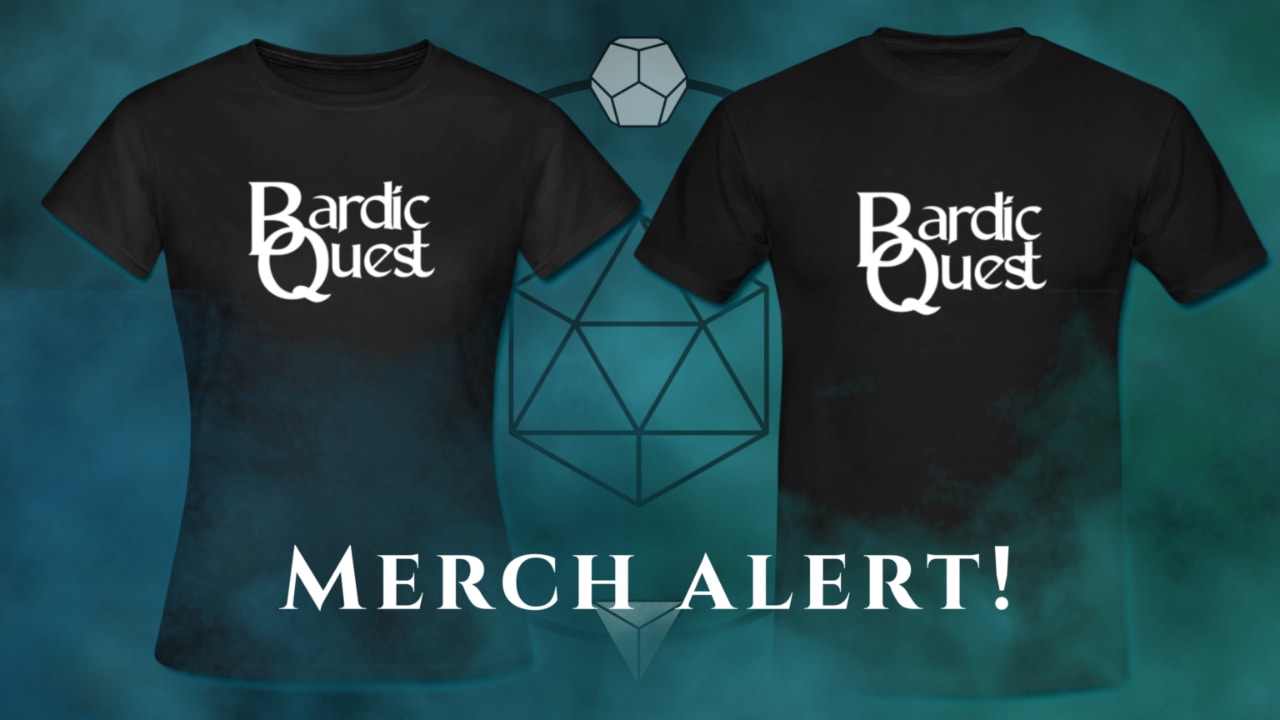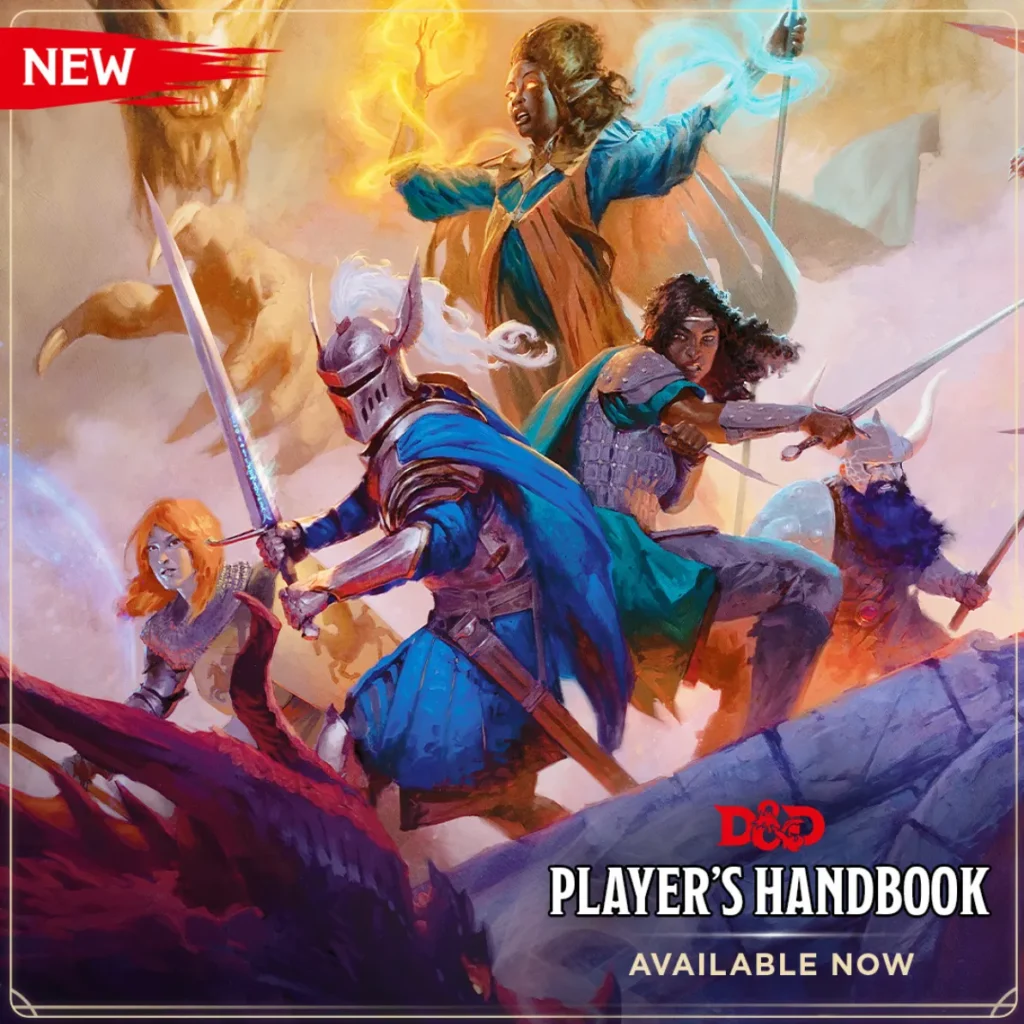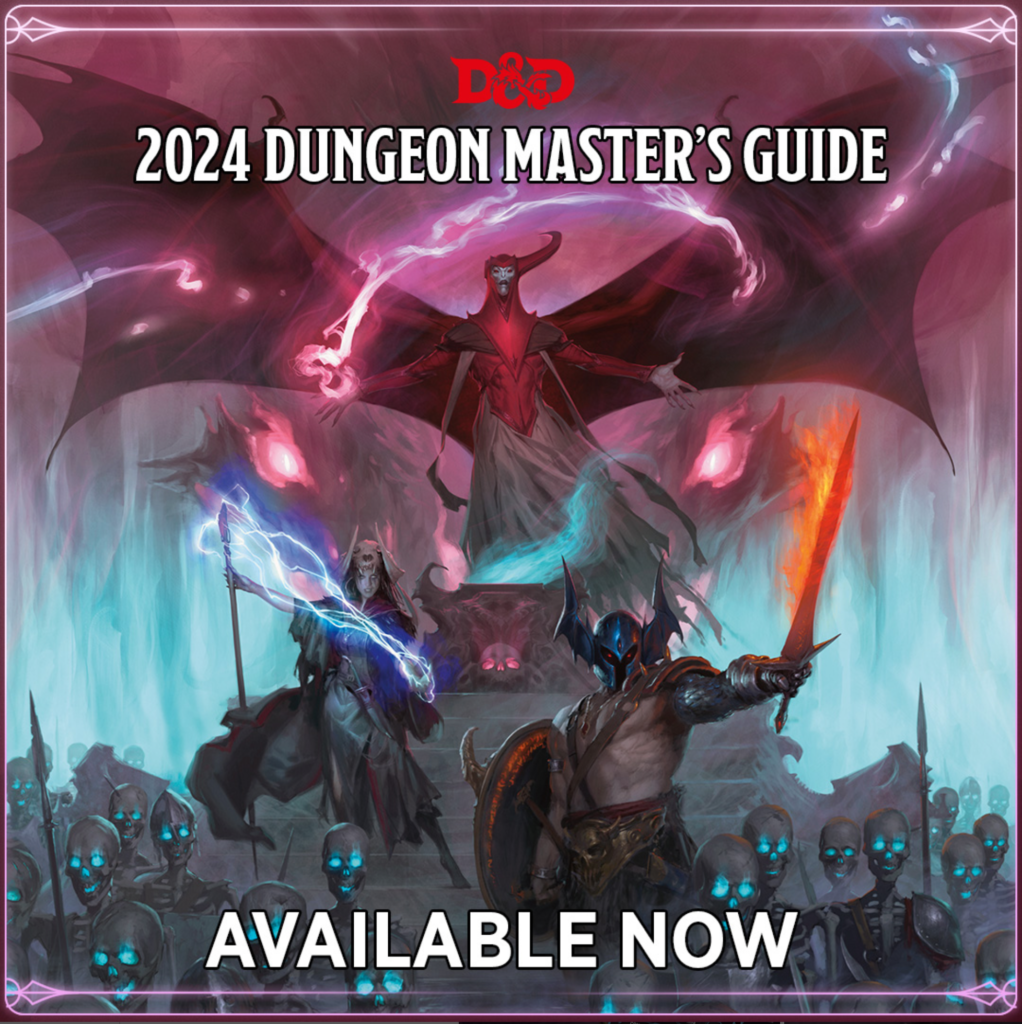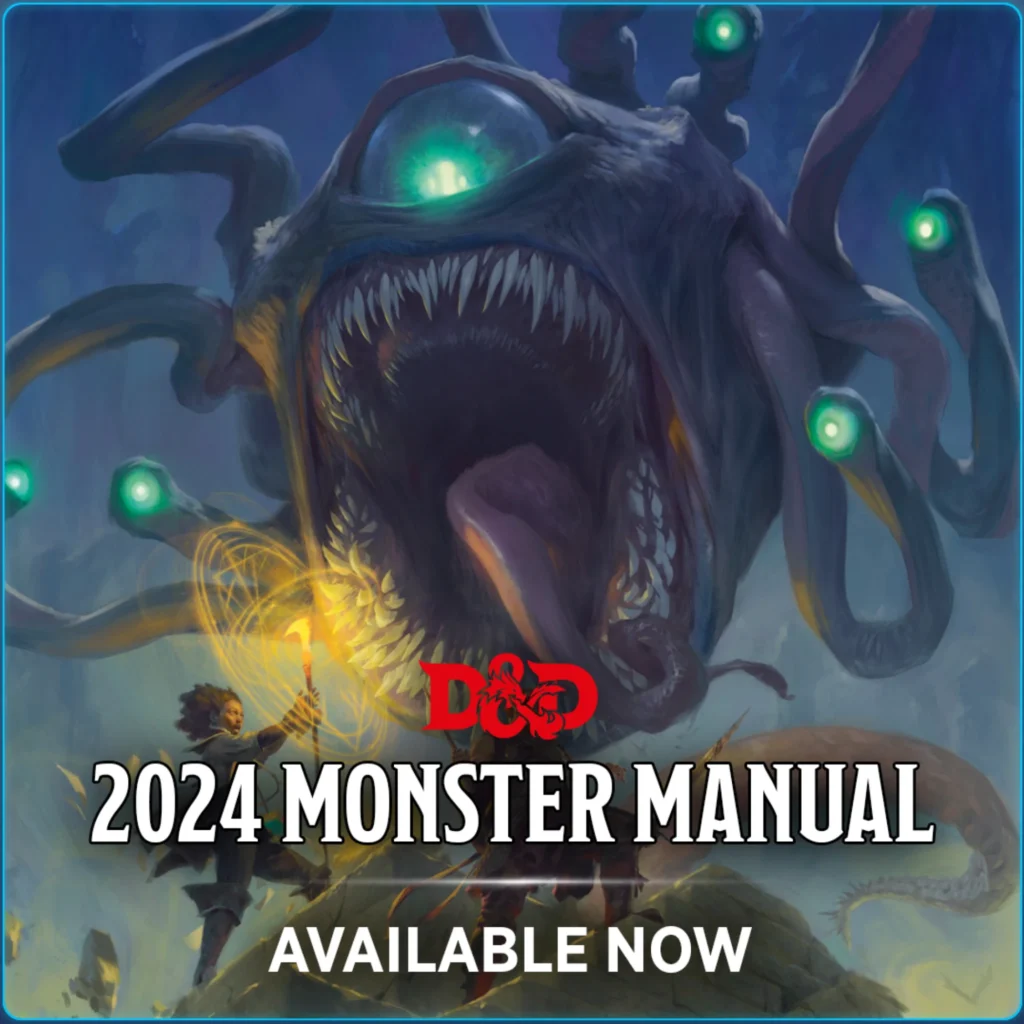Published on October 15, 2024
Written by Bardic Quest
Welcome, aspiring adventurers, to another insightful edition of D&D 101: Bardic Quest! Whether you’re dipping your toes into the vibrant world of dungeons and daring quests or seeking to refine your understanding, you’ve landed in the right place. I’m Wayne Ingram, a passionate Dungeons & Dragons (D&D) enthusiast and Dungeon Master at Bardic Quest. Today, I’m here to unpack the crucial elements of your character’s foundation in D&D: the six ability scores.
What Are Ability Scores?
In D&D, your character is essentially defined by six core abilities. These abilities not only shape your character’s traits but also influence everything your character can achieve. Let’s dive deeper into what each ability signifies:
- Strength: This measures your physical might. Strength determines how hard you can hit, how much you can carry, and your overall physical power.
- Dexterity: This represents agility, reflexes, and balance. Dexterity plays a crucial role in dodging attacks and deciding your speed and precision of actions.
- Constitution: This refers to your character’s stamina and general health. It influences your hit points and resistance to fatigue or health-related challenges.
- Intelligence: This is your reasoning power and memory. Intelligence governs your knowledge, problem-solving capability, and ability to recall information.
- Wisdom: This ability gauges perceptiveness and mental fortitude. Wisdom is crucial for understanding others and maintaining mental resilience.
- Charisma: This denotes your confidence, poise, and charm. Charisma determines how well you influence others and communicates effectively.
The Importance of Each Ability Score
Every character in D&D has an ability score ranging from 1 to 20 in each of these areas. Here’s what those numbers mean:
- Scores 1-9: Represent weaker capabilities. A low score indicates notable weaknesses. For instance, a Strength score of 7 means you might struggle with physical tasks.
- Scores 10-11: Average human capabilities fall here. These scores mean competence without exceptional talent.
- Scores 12-19: Indicate strong abilities. A score of 15 in Dexterity suggests impressive agility and reflexes.
- Score 20: Exemplifies extraordinary talent among typical adventurers. A score of 20 is akin to the peak of human abilities.
What About Abilities Beyond 20?
Occasionally, certain abilities or rules might allow a score to exceed 20, reaching as high as 30. Here’s how these top-tier scores function:
- Scores 21-29: These are exceptional, bordering on superhuman capabilities. For example, a Strength score of 25 suggests capacities akin to mythic heroes.
- Score 30: Represents god-like prowess. If your character achieves this, it speaks to an unparalleled level of mastery in that domain.
Understanding Ability Modifiers
Ability scores directly impact your character’s actions by providing modifiers to dice rolls. When performing any action, you’ll typically roll a 20-sided die (d20), adding your ability modifier to the result. For example, with a Strength score of 12, you receive a +1 modifier. This addition can be crucial in succeeding at tasks like breaking down doors during your adventures.
Here’s a quick formula for calculating modifiers: subtract 10 from the score and divide by 2, rounding down. So, a score of 18 results in a +4 modifier. If that maths seems daunting, the D&D Player’s Handbook includes a handy reference table covering modifiers for scores from 1 to 30.
Wrapping Up
I hope this exploration helps demystify the six ability scores in D&D and their impact on gameplay. Stay tuned for our next segment where we dive deeper into D20 tests—key game mechanics that will perpetually shape your D&D journey. Until next time, adventurers, keep your swords sharp and your wits sharper!

